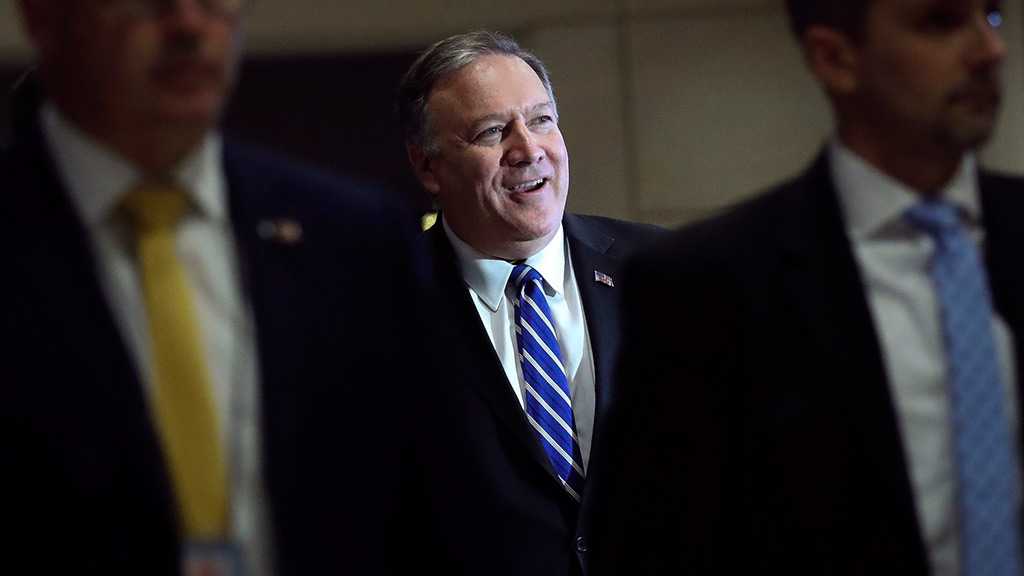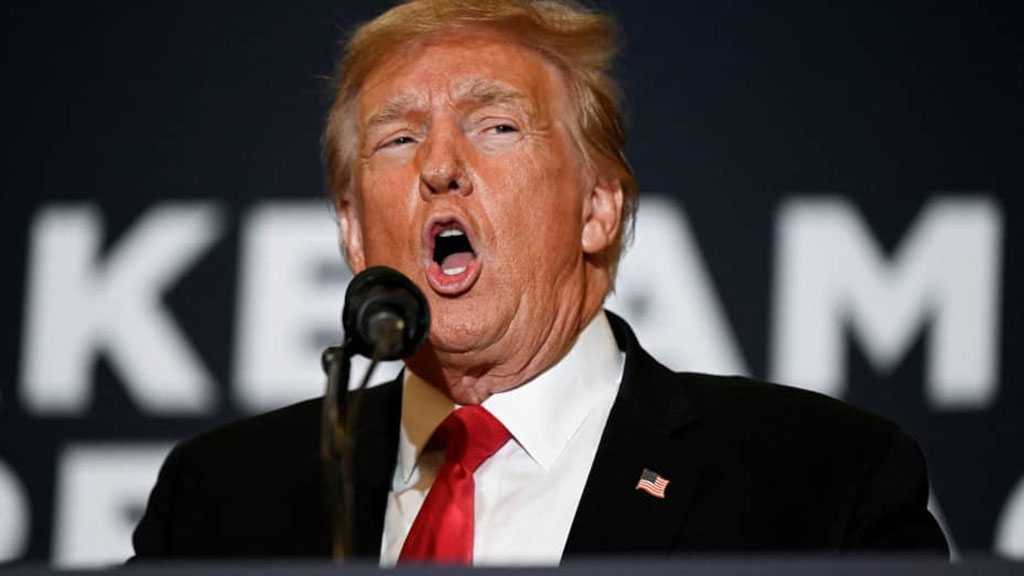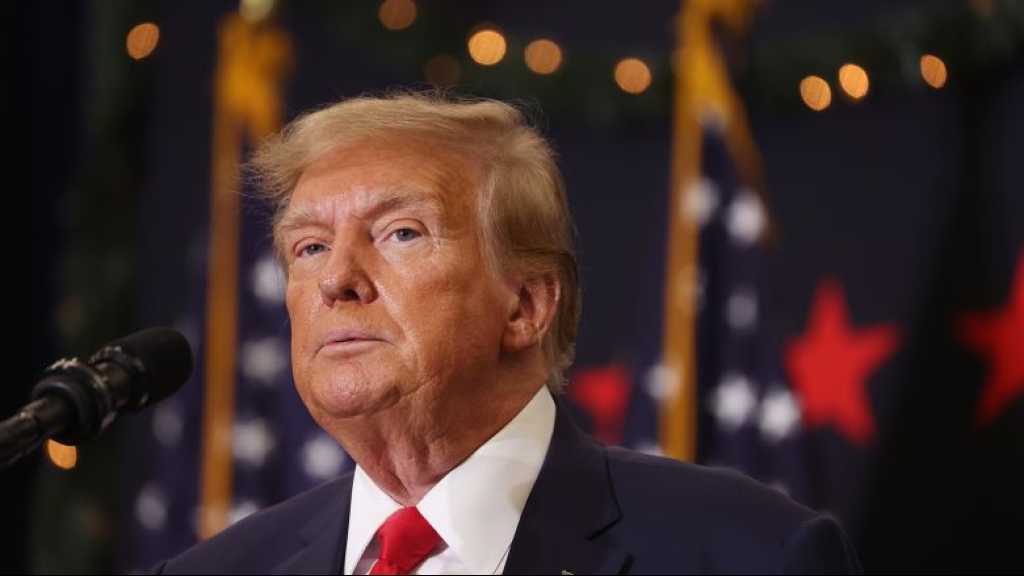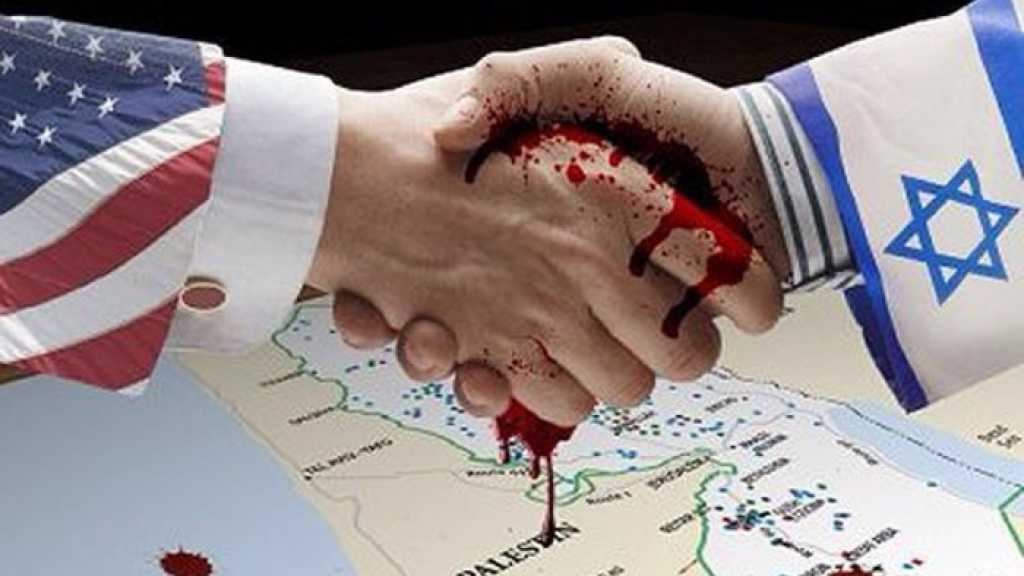
Pompeo: UK’s Sovereignty in Jeopardy if It Okays Huawei’s 5G Networks

By Staff, Agencies
Days ahead of his Wednesday visit to meet Boris Johnson and Dominic Raab, US Secretary of State Mike Pompeo said Britain's National Security Council is facing a "momentous decision" on Tuesday, as the NSC is expected to decide whether to allow Chinese telecoms giant Huawei to partake in the UK's 5G project.
"The truth is that only nations able to protect their data will be sovereign", Pompeo warned.
Other US officials have likewise warned British ministers noting that proceeding with the deal could also undermine UK-US intelligence sharing.
Marco Rubio, a Republican senator from Florida who competed against US President Donald Trump for his party's nomination in 2016, is the one who sent a personal request to Britain urging it to “pause” and think about the repercussions of the potential move.
Along with a debate over the sensibility of the Huawei deal, a question has arisen over the potential of US-UK 5G cooperation.
Sources close to the White House said yesterday that the US president may tweet in support of such collaboration to arrive at an alternative 5G provider, after he reportedly brought up the scenario in a recent phone call with Johnson.
The National Security Council, which has senior Cabinet ministers and representatives of the security services among its ranks, is understood to be divided on the Huawei controversy.
While Secretary of State for Defence Ben Wallace, Home Secretary Priti Patel, and Secretary of State for International Trade Liz Truss are expected to root against the decision in tomorrow’s meeting, Baroness Morgan, the Culture Secretary, appeared “dismissive” of American concerns over Huawei in a recent meeting with senior US officials. She conveyed an impression last night, The Telegraph reported, that the matter is all decided.
Last May, the Commerce Department blacklisted Huawei on the grounds of suspected national security threats coming from Beijing, something both Chinese authorities and Huawei’s top management flatly denied.
The move allowed the US government to cut trade connections between Huawei and American goods manufacturers and restrict the latter’s sales to the Chinese telecom giant, as well as sales of internationally produced goods that use American technology.
Separately, the US has since repeatedly urged its allies to follow in its footsteps, with the primary argument being that if they don’t, it’ll undermine the countries’ intelligence ties with the US. Australia is one country which fully blocked Huawei and ZTE from providing equipment for its 5G network, while Austrian Chancellor Sebastian Kurz did not rule out deploying Huawei equipment in his country’s would-be 5G networks but noted the country would coordinate its decisions with EU partners. In the meantime, Belgium’s center for cybersecurity has found no evidence that equipment supplied by Huawei could be exploited for spying.
Despite Washington's tough stance on the issue, reports emerged the other day that the US Commerce Department has withdrawn a rule that stipulates further cuts of sales to China’s Huawei Technologies, as the Pentagon expressed concern that the move would harm US businesses.
Comments



